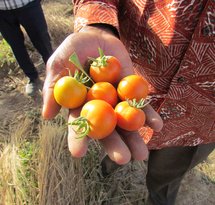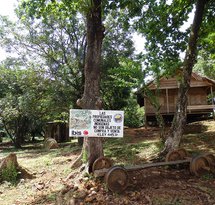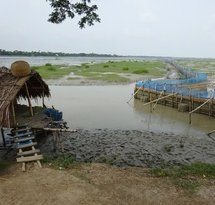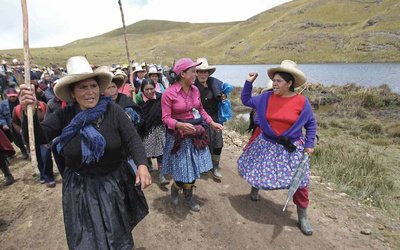
In various countries in the Sahel, vast tracts of land have been restored by the local population by nurturing what spontaneously springs from the soil and protecting the sprouts from cattle and hazards.

Both ENDS works with partners around the world to ensure that land is governed fairly and inclusively and managed sustainably with priority for the rights and interests of local communities.

An increasing number of stakeholders in the Dutch water sector are acknowledging the importance of an inclusive approach to climate adaptation. However, where our knowledge institutes and companies are involved in delta plans and master plans, as in Bangladesh and the Philippines, this approach is proving difficult to apply in practice. Taking local realities, vulnerabilities and inequalities – such as those between men and women – as a starting point is essential for good plans that give everyone the opportunity to adapt to climate change.

GAGGA rallies the collective power of the women's rights and environmental justice movements to realize a world where women can and do access their rights to water, food security, and a clean, healthy and safe environment.